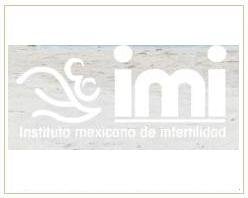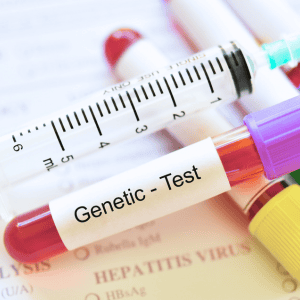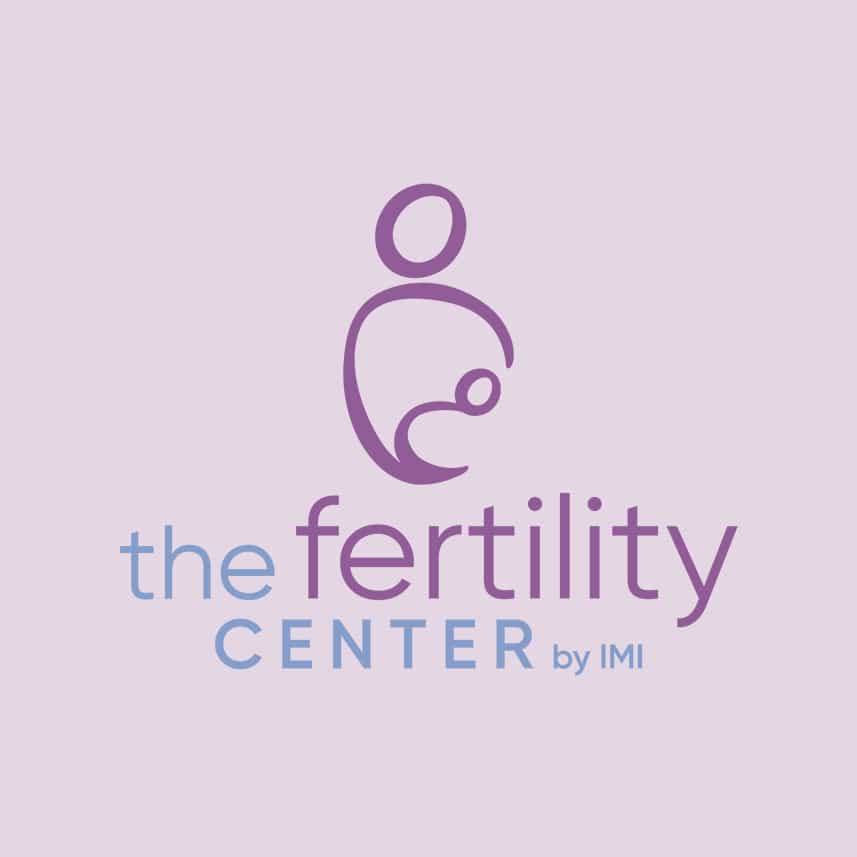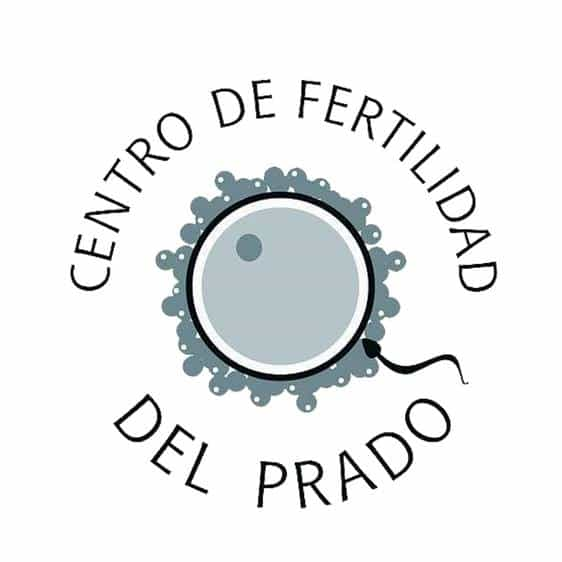Request a video call
Confirm Your Virtual Consultation
Mexican Institute of Infertility Profile Overview
Welcome to IMI, where our team works in the field and clinical research so that you too can have a child.
Center research and multidisciplinary care to patients with fertility problems and infertility. It serves patients suffering from both male and female reproduction.
Treatments Offered:
-
Assisted Reproduction techniques
-
Embiones egg vitrification
-
Andrology Laboratory
-
Genetics and Gynecologic Endoscopy
-
Laparoscopy
-
Hysteroscopy, with a comprehensive nutritional and psychological
The clinical study indIMIdualizado, along with the necessary diagnostic tests, will allow the knowledge of the cause of infertility in couples. It will have at its disposal the most modern treatments and techniques of assisted reproduction, made with cutting-edge technology and specialists in the fields of gynecology and obstetrics, surgery, urology, andrology, endocrinology, embryology, genetics, biology or anesthesia Team IMI, to work together where appropriate. It will also with psychological support, tact and understanding required in the pursuit of cherished motherhood.
Finally, IMI offers the possibility to address their queries online and even make a first virtual tour. They also give you the tools to establish partnerships and communication between users and patients, through forums or chat rooms.
Psychological Support Program
The Mexican Institute for Infertility is one of the first centers which has a Psychological Support Program for couples in assisted reproduction treatment.
The inability to conceive naturally, as well as the treatment processes can generate in couples, stress, anxiety and depression in some cases, which can interfere and hinder the results of treatments. Recent studies show that reducing these disorders increases the number of conceptions, in addition to achieve better integration into the various programmes of assisted reproduction.
Please Click here to request more information from Mexican Institute of Infertility.
Mexican Institute of Infertility Treatments Offered
Infertility is a problem that affects between 15 to 20% of couples, and is considered by the World Health Organization (WHO) as an illness. In 85% of cases infertility is due to causes that can be diagnosed by studying the appropriate partner.
A correct diagnosis allows us to establish the ideal treatment ..
Treatments
- IMI Treatments
- Artificial Insemination
- In vitro fertilisation
- Freezing eggs
- Bank of eggs and sperm
- Donation oocytes
- Intracitoplasica of Sperm Injection
- Genetic Diagnosis Preimplantatorio
- Treatments for Assisted ReproductionIMSI
Assited Hatching - Laser applied to reproductive medicine
- In-vitro maturation of oocytes
- Surgical sperm retrieval techniques
- Ovary Transplant
- Andrology
- In-vitro fertilization
- Genetic Advice
- Hysteroscopy and laparoscopy
- Psychological Support Unit
- Nutrition Unit
Psychological Support Program
The Mexican Institute for Infertility is one of the first centers which has a Psychological Support Program for couples in assisted reproduction treatment.
The inability to conceive naturally, as well as the treatment processes can generate in couples, stress, anxiety and depression in some cases, which can interfere and hinder the results of treatments. Recent studies show that reducing these disorders increases the number of conceptions, in addition to achieve better integration into the various programmes of assisted reproduction.
The assisted reproduction treatment open a door of hope to many couples who suffer from infertility problems, happily hope that culminates in a very high percentage of cases in a pregnancy. However, while they are alternatives and possible solutions to problems specific to each partner, begins a process that, by its implications, generates in most cases a great anxiety. Sometimes, the couple or any of its members are feeling insecure, with various fears and not knowing where to turn to discuss their concerns. Often these disorders arising from the uncertainty and hope that leads to the TRA itself and disappear when it achieves success, but at other times their level is so high or suffering sustained so that reaches to abandon treatment and stem authentic psychopathologies such as depression or the emergence of phobias.
The Psychological Support Program is designed to combat and reduce the symptoms of anxiety and stress, improve communication difficulties with the environment (family, friends, industrial relations) and with medical equipment and sanitary. It achieves restore self-esteem, improve the sex lives of the couple: from learning to relax until develop psychic abilities and social and overcome and combat stress, or learn to know each other better cope with difficult situations. Keeping a positive attitude and anxiety under control, patients are integrated in a better position in all kinds of TRA and increases the percentage of successful treatment.
The objectives of the programme are:
- Facilitating the couple in treatment, the right environment to express their feelings, their fears, their expectations and hopes.
- Making the couple perceived that within the multidisciplinary team, given the importance it deserves the emotional part in the whole process.
- Providing the necessary information on treatments and resolve doubts.
- To assess the level of anxiety experienced and treating, preventing them from being cronifique.
- Identify the concomitance of other possible problems such as fears (to medication, treatment, operating theatres ...), TRA previous failed by fatigue, damage to personal self-esteem, communication of the couple or others.
- Perform a cognitive restructuring (reconceptualize positively) to neutralize all negative thoughts typical of this situation: "why me, will never succeed, it is my fault, I do not think that can withstand the emotional burden involved in the treatment ..."
- Train couples in skills and emotional self-relaxation techniques so they can get to control the anxiety.
- Scheduling and emotionally prepared for the critical moments of TRA (interventions, the days of waiting after the interventions, the result of communication), seeking the fullest possible integration of patients throughout the process and preserving their state of mind, so that they can cope with the outcome and take appropriate decisions in the best emotional condition.
- Improving communication skills of the couple with each other and the team doctor.
- Returning to patients the feeling of control, that is they who bear the initiative and decision makers, compared to the widespread feeling of being in the hands of doctors passively.
- Actual are already many people who follow this PAP reported with great satisfaction and the perceived differences regarding previous cycles that did not have this support
The donation ovocitaria A large number of consultations take place before the decision-making more open to options such as in vitro fertilization with a donor egg. Couples are many questions about it and have doubts are resolved in most cases with comprehensive and truthful information. All this in a professional atmosphere and with the primary objective of helping them continue on the best available emotional the TRA.
With the PAP patients have the opportunity to clarify any doubts that persist regarding the treatment, medication and all those aspects that concern you generate, through information that will provide both medical equipment such as psychologists. They can learn some simple and effective relaxation techniques that help them remain calm and overcome difficult moments that will be faced.
Donation Ovocitos
When patients have reached menopause prematurely, or both ovaries have been removed, have chromosomal abnormalities which consistently pass on to their offspring; not respond well to medication or ovary-stimulating in other circumstances, there is a real chance of being pregnant by donating oocytes. Women recipients must take a medication that gives her uterus's ability to implement embryos transferred. At donor oocytes were practicing the same controls that we made to donors of semen in order to rule out the existence of congenital diseases (provided that they are already expressed in the donor), malformations and sexually transmitted diseases. The chances of pregnancy in cycles of oocyte donation is higher than 50% in each attempt, the percentage being accumulated after several attempts over 90%. This method is more effective than exists certainly in assisted reproduction.
Sperm Donation
Anonymous Donor Program
The IMI conducts cryopreservation of sperm donor of high quality for subsequent use of assisted reproduction procedures.
Our donors ranging between 18 and 35 years, are usually recruited from universities, mostly students and undergraduate degree and in some cases professionals.
Evaluation of Donors
The sperm donors are subjected to a thorough assessment that includes: physical examination, family history, special crops for mycoplasma, chlamydia and ureaplasma; sexológicas determinations for the research of infectious diseases, genetic evaluation and analysis of semen.
Tests
Donors enrolled in the program are regularly evaluated to detect evidence of infection with human immunodeficiency virus type (HIV-1), Human Immunodeficiency Virus type 11 (HIV-2), T-Lifotropicos human virus type 1 (HTLV -1), Hepatitis B (HBV, including determination of surface antigen and antibodies against hepatitis B core atinge "Hepatitis B) and viral hepatitis C. They are also evaluated for evidence of syphilis, Neisseria Gonorrhea and Chlamydia trachomatis.
All studies writings are made every six months, with the exception of HIV-1 and HIV-2, surface antigen of hepatitis C virus, which are conducted periodically by one to three months.
Genetic evaluation
All donors undergo a genetic evaluation, which includes; individual and family medical history and evaluation of the carrier state of mutations more frequent as Tay-Sachs disease. Cystic fibrosis (analysis of 32 mutations), Falciformes cell anemia and thalassemia.
Semen assessment
Donors undergo a thorough analysis of semen that evaluates, which assesses physical parameters (volume, Ph, color, smell, viscosity), and general as: mobility, morphology and sperm agglutination. All parameters should be evaluated normal and the concentration must exceed 50 million sperm per millilitre. It also assesses the ability of sperm fertilizer, through penetration testing eggs Hamster, as well as the presence of anti-sperm.
It ensures that each vial of donor sperm sample holds at least 20 million sperm per millilitre mobile (births).
Quarantine of Semen
Once donors have been evaluated thoroughly and have tried to meet the required standards, semen samples are stored for a minimum period of six months before being used.
Terms of Surrender Samples
After complemented the quarantine period, donors are reassessed for HIV and other infectious diseases. The samples are used only if the donor is negative in investigations after the quarantine.
SELECTION
IMI maintains a detailed list and varied donor semen carefully selected. Both patients and doctors can choose a donor whose characteristics comply better with the desired.
Once you've chosen the donor, our service provides additional information with the donor, such as; demographic data or personal medical history of the donor and his family, as well as results of genetic studies conducted.
Advice for the Election of donors
If the patient desired, the IMI offers an advisory service, which, our Director of the sperm bank or the person assigned to this task, you can analyze all aspects and contribute to the couple for proper screening of the donor. Our service provides as much information as possible about the medical history of the donor and is available for consultation after the birth of the child.
Brothers
Once that is achieved pregnancy, additional samples of sperm from a donor in particular, can be purchased to perform inseminations later, if necessary, make arrangements for storage.
Sample Request SEM
Samples of semen donors may be requested only by medical centers or assisted reproduction.
All orders must be made by phone or fax at IMI, with a minimum of 24 hours in advance Monday through Friday between 08:00 am and 20:00 hrs. When requesting samples of semen, please specify the number of donor identification, using the list of donors to date (as well as the second and third option), the number of vials requested, the patient's identification number (if used) and the delivery date of the sample.
Information to send
Maintenance
All samples are kept in liquid nitrogen and shipped in tanks designed to keep transport samples cryopreservation for six days. With each sent include instructions for defrosting and the proper handling of samples.
Delivery
The tanks are stored by our medical post in the city of Guadalajara, or sent by air cargo throughout the country. Once deployed, the tanks are removed by our mail or may be sent to our service center.
Withdraw
The samples and shipping costs must be paid in advance.
Returns Samples & Credits
Samples of semen delivered a physician, or designee site insemination and subsequently returned to the IMI should not be used and must be frozen.
Our service may not extend credit, but keep the samples for the same doctor or client, by paying a monthly amount. Our service will provide credit with only in cases where the evidence did not meet our standards.
Form of reports of Pregnancy
IMI seeks to doctors and sites insemination documenting all pregnancies and information on children born from the sperm donor insemination are. These measures have been established to minimize the problem of inbreeding. Accordingly, the samples were sent a form to follow these rules.
Pregnancy Tests
Although there are several signs of pregnancy, the most common is the delay of the rule, yet the surest way to check if you are pregnant is through an analysis and medical checkup, but for a more rapid testing homemade exist. These tests are made from the urine.
Tests nonprescription
They come in various forms, bring all necessary accessories and are easy to use. Provided that they are still well these instructions provide a rapid response and reliable, positive if she is pregnant and if not negative. But careful, in the latter case you may have made the test too soon or the sensitivity of the method is too low. A little concentrated urine can also give erroneous results. When the negative response, it is wiser to wait a few days and re-testing or consult a doctor.
Laboratory tests
These tests are made from the urine or a blood sample, lets you know immediately if you are pregnant and with any certainty. It is the doctor who asks. The principle is to detect a hormone that is segregated only when you are pregnant: hormone chorionic gonadotropin (HGC).
- Analysis orina.-is poured a small amount of urine, taken from the highly concentrated urine in the morning, in a test tube and makes it react with a serum that contains antibodies characteristic of this hormone of pregnancy.
- Analysis sangre.-In this test is controlled HGC is the level of blood. The reliability of this test is 100% and allows diagnose pregnancy at a very early stage even before the first delay of the rule.
The main objective of IMI in Mexico is to help couples to conceive, combining the use of more advanced techniques in cryopreservation of sperm.
IMI's services include a complete diagnosis in different areas, which include studies of fertility, sperm banks and insemination services.
IMI staff consists of a group of professional experts in different fields. The medical director is an obstetrician-gynecologist specializing in fertility and the Director of the Laboratory holds a doctorate in criobiología.
Together, the IMI works with a group of advisers who include specialists in fertility, obstetrics, gynecology, infectious diseases, genetic and andrology.
Please Click here to request more information from Mexican Institute of Infertility.
Mexican Institute of Infertility Awards & Recognitions
- In Guadalajara, February 17 at the Mexican Institute of the first baby born Infertility product of the technique for freezing eggs, thus ensuring the second born alive with this technique in Latin America.
- In Guadalajara in 2007 at the Instituto Mexicano of Infertility reported a live birth of the sum of the technical maturation of eggs and freeze them.
- This puts the IMI at the forefront both assisted reproduction techniques. FOR THE MATURATION Invitr ovulation and VITRIFICACION.
- The vitrification of eggs is a special method of freezing that allows a bank of oocytes. Unlike previous conservation techniques ova vitrification prevents the eggs are damaged during their preservation for future use. Delivering a high rate of survival.
- The new technique allows better planning of pregnancy as well as a synchronization of possible donations. The preserved eggs through vitrification also presented the same chance of being successfully fertilized ova regarding newly extracted.
- It has succeeded in raising the success rate of pregnancy who was around 30% and 64% now, certainly a success.
- This technique enables women to postpone the idea of a pregnancy for different reasons, for example, by having a cancer and be exposed to chemo or radiotherapy. The case of busy professionals, hostesses, or single women who are reaching the limits of their reproductive life useful. This guarantees to preserve their fertility by freezing their best advance ova to achieve a pregnancy at the time desired.
Please Click here to request more information from Mexican Institute of Infertility.

About Medical Center
- Speciality: Fertility Treatment, Gynecology Treatment
- Location: , Guadalajara, Mexico
- Overview: A multi-disciplinary fertility clinic for men and women experiencing difficulties with reproduction… most modern treatments in Assisted Reproductive Technology (ART)







.png)


.png)
.png)
.png)







Share this listing